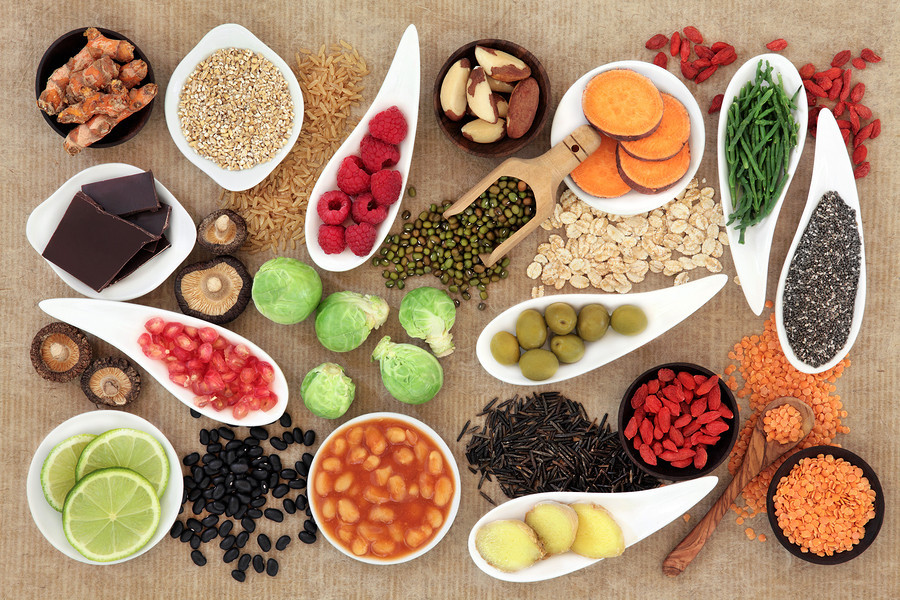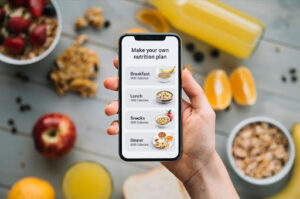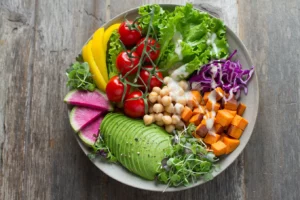If you’ve ever felt overwhelmed by the vast amount of diet advice out there, you’re not alone. From the latest keto craze to colorful Instagram smoothie bowls, it’s hard to separate fact from fad. But here’s the truth: building a stronger, healthier future starts with understanding the fundamentals of diet and nutrition.
Whether you’re a fitness beginner, a dedicated health enthusiast, or someone simply seeking sustainable weight management, this guide will help you decipher the essentials, make informed choices, and design a realistic path toward a healthier you.
Why Diet and Nutrition Matter
What we eat fuels every aspect of our health—from how we feel day-to-day to our long-term physical and mental wellbeing. A balanced diet can help prevent chronic diseases, maintain energy levels, support fitness goals, and even boost emotional health. Nutrition isn’t just about avoiding certain foods or sticking to restrictive plans—it’s about creating a sustainable lifestyle that works for you.
If you’re ready to step up your health game, keep reading to uncover how macronutrients, micronutrients, and practical dietary strategies can help you build a better future.
Understanding Macronutrients
Macronutrients are the foundation of every balanced diet. They provide the energy your body needs to function and are divided into three main categories:
- Protein
Think of proteins as the building blocks for your body. They repair muscles, build tissues, and even support your hormone production. Foods like chicken, fish, eggs, lentils, and tofu are fantastic sources of high-quality protein. Aim to include a moderate portion of protein in each meal to support muscle recovery and long-term health.
- Carbohydrates
Carbs often get a bad rap, but they’re your body’s primary energy source—and essential for brain function. Opt for complex carbohydrates like whole grains, sweet potatoes, and legumes for sustained energy and nutrient density.
- Fats
Don’t fear fats! Healthy fats are crucial for brain health, hormone regulation, and nutrient absorption. Avocados, nuts, seeds, and fatty fish like salmon are excellent sources of unsaturated fats. Limit your intake of trans fats, found in processed and fast foods, to keep your heart healthy.
Balancing these macronutrients based on your activity level and individual goals is the first step toward mastering your diet.
The Power of Micronutrients
While macronutrients provide energy, micronutrients—vitamins and minerals—are the silent heroes behind the scenes. They’re essential for immunity, bone strength, skin health, and more.
- Vitamins like A, C, and D help fight off infections, improve skin health, and maintain bones.
- Minerals like iron, calcium, and magnesium support everything from oxygen transport to proper muscle function.
Boost your diet with nutrient-dense foods like leafy greens, colorful fruits, nuts, seeds, and fortified foods. If you struggle to meet recommended daily intake levels, a multivitamin can help fill in the gaps—but whole foods should always be your primary source.
Strategies for a Balanced Diet in a Busy World
Life gets hectic, and it’s easy to fall into the fast-food trap. But eating well doesn’t have to be complicated. Here are some practical tips to help you stay on track even on the busiest of days:
- Meal Prep—Dedicate a couple of hours on the weekend to preparing healthy meals and snacks for the week ahead. Pre-chopped veggies, grilled chicken, and quinoa bowls are life-savers.
- Stock Smart Snacks—Keep healthy grab-and-go options handy, like nuts, Greek yogurt, or fresh fruit.
- Choose Portable Meals—Pack easy-to-assemble options like wraps, salads, or overnight oats when you’re on the go.
- Plan Ahead—If you’re dining out, check restaurant menus online and choose nutrient-rich options to avoid last-minute, less healthy decisions.
Small changes, like swapping soda for sparkling water or replacing fries with a side salad, can make a significant impact over time.
Setting Realistic Weight Management Goals
Crash diets and quick fixes? Forget them. Sustainable weight management is about creating habits that last for life.
- Track Progress
Tools like food diaries or apps can help you understand your eating patterns and set realistic goals.
- Focus on Nutrient Density
Choose foods rich in nutrients but lower in calories to keep you satisfied while managing your weight. Think whole, unprocessed ingredients.
- Be Patient
Aim for gradual progress—losing 1–2 pounds per week is healthy and sustainable. Prioritize lasting habits over temporary results.
Nutrition to Support Your Fitness Goals
Whether you’re training for a marathon, lifting weights, or hitting yoga sessions, your nutrition plays a pivotal role in maximizing your workouts.
- Pre-Workout Nutrition
Fuel up with a mix of carbs and protein 1–3 hours before a workout. A banana with almond butter or a slice of whole-grain toast with avocado can do the trick.
- Post-Workout Nutrition
Help your muscles recover by eating a meal rich in lean protein and carbs (e.g., grilled chicken with quinoa and roasted veggies) within an hour of exercising.
Staying hydrated is just as important—drink plenty of water before, during, and after your workouts.
Poor Diet = Poor Health
The consequences of a poor diet are sobering. Too much processed sugar, unhealthy fats, and refined carbs can lead to higher risks of obesity, type 2 diabetes, heart disease, and certain cancers. Additionally, poor nutrition can leave you feeling sluggish, foggy, and overall unwell.
The good news? Changing your diet can drastically improve your health. Start small by cutting back on added sugars and processed foods, and focus on cooking more meals at home. Every positive choice adds up.
A Future Fueled by Nutrition
Your diet is more than just the food on your plate—it’s the fuel for a vibrant, fulfilling life. By understanding macronutrients and micronutrients, incorporating balance into your routine, and setting realistic health goals, you can create a sustainable lifestyle that supports your physical and emotional wellbeing.
Remember, every healthy choice counts. Whether it’s swapping chips for carrot sticks or adding one new vegetable to your plate, these small steps lead to big results over time.
Start today, and build a stronger, healthier future—one meal at a time!




